Table of Contents
As the beauty industry evolves, so do the ingredients in our skincare products. In 2024, awareness around harmful chemicals in face washes has grown, making it essential to scrutinize what we apply to our skin.
How Companies Are Fooling You?
Many beauty brands employ clever marketing tactics to mask harmful ingredients in their products. Here are a few ways they might mislead consumers:
1. Using Alternative Names
Companies often use scientific names or obscure terms for harmful ingredients. For example, instead of labeling a product as containing parabens, a brand might use the term “preservative” without disclosing the specific type. This can make it difficult for consumers to recognize potentially harmful components.
2. Highlighting "Free From" Claims
Brands might advertise their products as paraben-free or sulfate-free while substituting them with equally harmful alternatives. For instance, a product might be free from sodium lauryl sulfate but still contain sodium laureth sulfate, which can cause similar issues. Always read the ingredient list to check for other potentially harmful substitutes.
3. Vague Terms and Misleading Labels
Terms like "natural" or "herbal" can be misleading. Just because a product claims to be made with natural ingredients doesn’t mean it’s free from harmful chemicals. Brands may use these terms to create an illusion of safety while still including toxic substances.
4. Marketing with Buzzwords
Companies often use buzzwords like "organic," "clean," or "eco-friendly" to appeal to health-conscious consumers. However, these terms can be unregulated and may not necessarily mean the product is safe. Always check the ingredient list to confirm claims made on the packaging.
5. Concealing Ingredients in Complex Formulations
Some companies use long, complicated ingredient lists that can confuse consumers. This complexity can make it hard to identify harmful ingredients buried within the list. Look for brands that are transparent about their formulations and provide clear ingredient breakdowns.
5 Harmful Chemicals in Face Washes You Should Avoid
Here are five harmful chemicals you should avoid, along with alternate names that companies might use to mislead consumers.
1. Parabens
Parabens are commonly used as preservatives in many face washes to prevent bacterial growth. However, they have been linked to hormone disruption and potential health risks.
Alternate Names: Methylparaben, Ethylparaben, Propylparaben, Butylparaben.
Why to Avoid: Even in small amounts, parabens can accumulate in the body over time. Brands may advertise “paraben-free” products while using similar sounding preservatives, so always check the ingredient list carefully.
2. Sodium Lauryl Sulfate (SLS)
SLS is a surfactant that creates lather in face washes. While it effectively removes dirt and oil, it can also strip the skin of its natural moisture, leading to dryness and irritation.
Alternate Names: Sodium Laureth Sulfate (SLES), Sulfates.
Why to Avoid: Many companies promote SLES as a milder alternative, but it can still cause skin irritation and allergic reactions. Look for sulfate-free options to protect your skin’s natural barrier.
3. Fragrance
"Fragrance" or "parfum" is a blanket term that can include numerous synthetic chemicals. These can cause skin irritation and allergic reactions, especially for sensitive skin.
Alternate Names: Perfume, Aroma.
Why to Avoid: Even products labeled as “natural” can contain synthetic fragrances. Always opt for products that list specific essential oils or natural ingredients instead of vague terms.

4. Formaldehyde-Releasing Agents
Certain preservatives release formaldehyde over time, which can be harmful. These agents are often used to prolong shelf life in face washes.
Alternate Names: Quaternium-15, DMDM Hydantoin, Imidazolidinyl Urea.
Why to Avoid: Formaldehyde is a known carcinogen, and exposure can lead to skin irritation and allergic reactions. Many brands will tout “formaldehyde-free” products but may use these releasing agents instead.
5. Hydroquinone
Hydroquinone is often used for skin lightening, but it can cause serious side effects, including skin irritation and increased sensitivity to sunlight.
Alternate Names: Benzene-1,4-diol.
Why to Avoid: While some brands market products as “skin-brightening,” they may still contain hydroquinone or similar compounds. Always research ingredients thoroughly to ensure safety.
Conclusion
Being aware of harmful chemicals in face washes is crucial for maintaining healthy skin. As we move into 2024, it’s essential to read labels and be informed about what goes into your skincare products. Always opt for brands like Twachaa that prioritize transparency and use safer, natural ingredients. By doing so, you can protect your skin and contribute to a healthier beauty industry. Remember, your skin deserves the best—choose wisely!
Follow us on:- Facebook, Instagram, YouTube
Read More:- Astringent vs. Toner: Which One Should You Use?



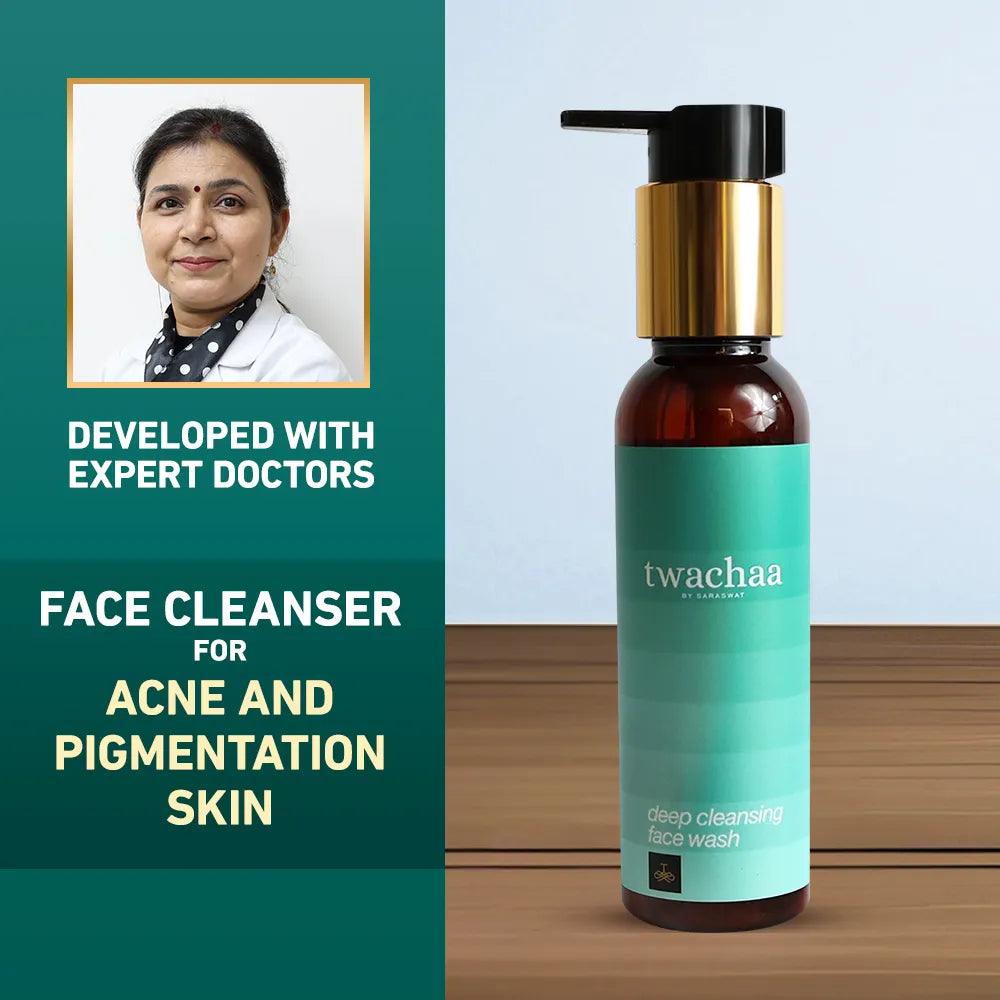
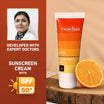
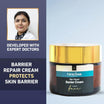
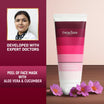
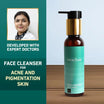
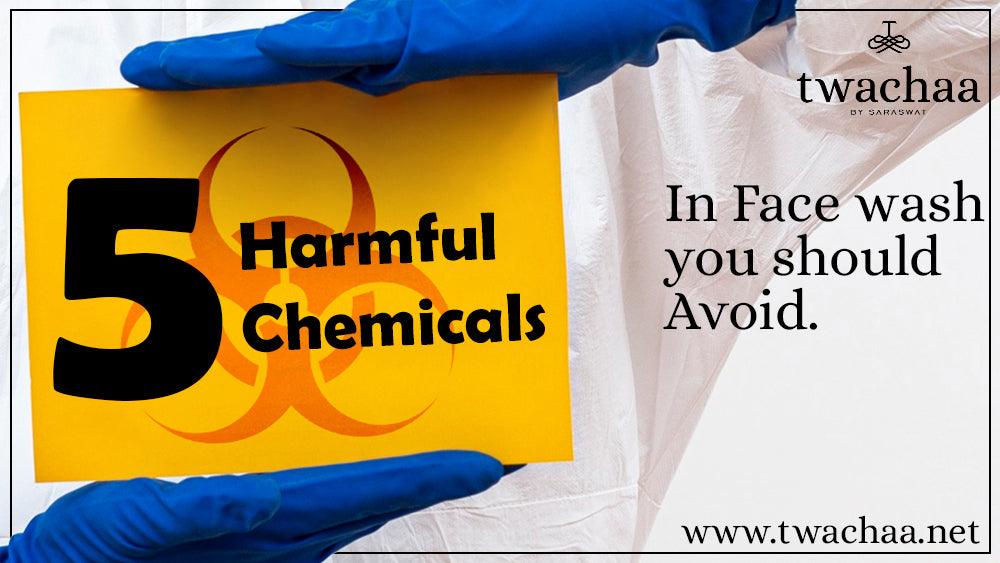

Leave a comment
This site is protected by hCaptcha and the hCaptcha Privacy Policy and Terms of Service apply.